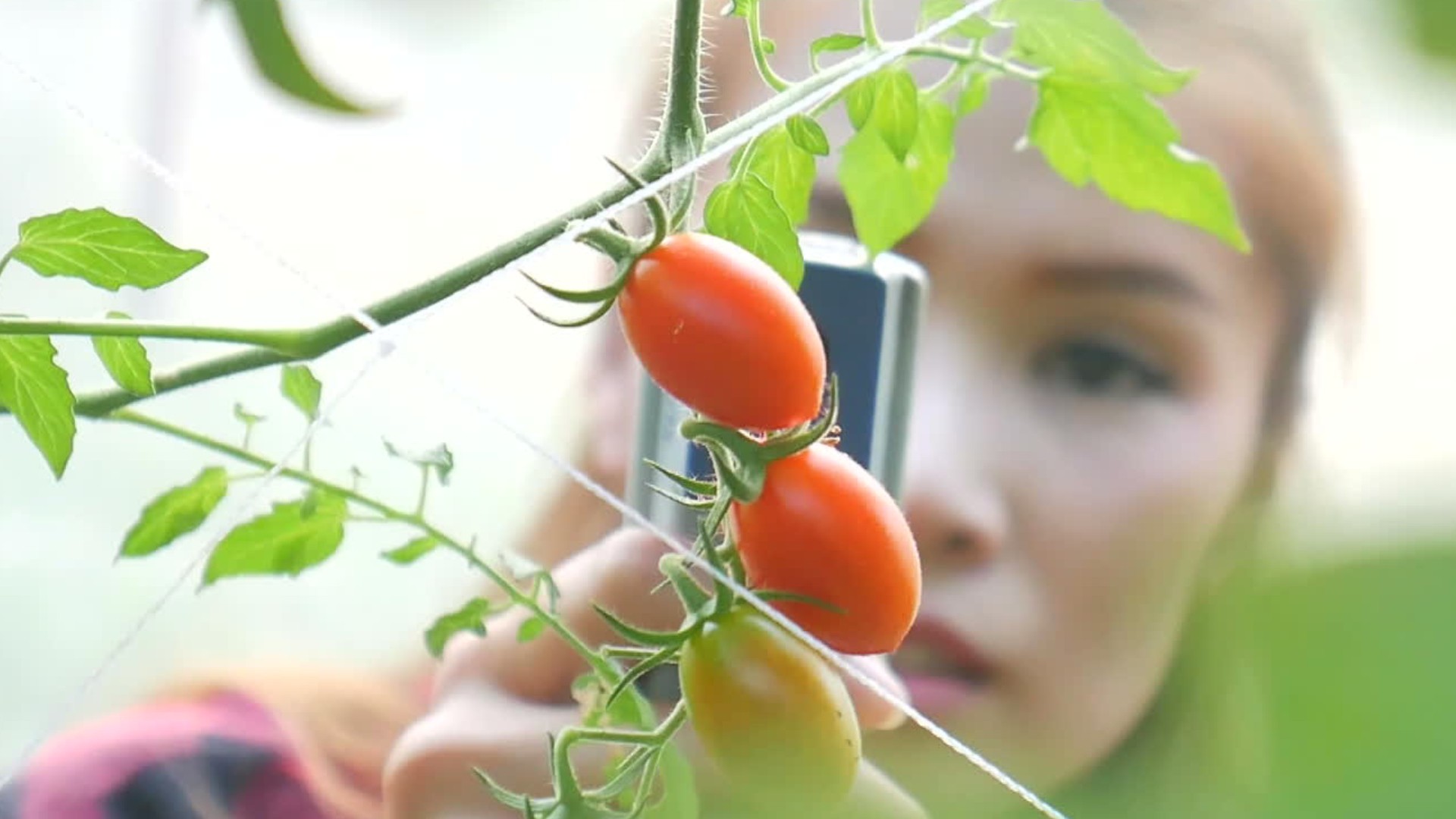Soil & Plant Scientists
Agronomist, Research Scientist, Research Soil Scientist, Scientist
What they do:
Conduct research in breeding, physiology, production, yield, and management of crops and agricultural plants or trees, shrubs, and nursery stock, their growth in soils, and control of pests; or study the chemical, physical, biological, and mineralogical composition of soils as they relate to plant or crop growth. May classify and map soils and investigate effects of alternative practices on soil and crop productivity.
On the job, you would:
- Communicate research or project results to other professionals or the public or teach related courses, seminars, or workshops.
- Develop methods of conserving or managing soil that can be applied by farmers or forestry companies.
- Provide information or recommendations to farmers or other landowners regarding ways in which they can best use land, promote plant growth, or avoid or correct problems such as erosion.
Knowledge
Math and Science
- biology
- chemistry
Arts and Humanities
- English language
Engineering and Technology
- computers and electronics
- product and service development
Education and Training
- teaching and course design
Skills
Basic Skills
- figuring out how to use new ideas or things
- reading work related information
Problem Solving
- noticing a problem and figuring out the best way to solve it
People and Technology Systems
- thinking about the pros and cons of different options and picking the best one
- figuring out how a system should work and how changes in the future will affect it
Abilities
Verbal
- communicate by speaking
- communicate by writing
Ideas and Logic
- group things in different ways
- make general rules or come up with answers from lots of detailed information
Math
- add, subtract, multiply, or divide
- choose the right type of math to solve a problem
Visual Understanding
- see hidden patterns
Personality
People interested in this work like activities that include ideas, thinking, and figuring things out.
They do well at jobs that need:
- Innovation
- Intellectual Curiosity
- Attention to Detail
- Dependability
- Adaptability
- Integrity
Technology
You might use software like this on the job:
Analytical or scientific software
- STATISTICA
- Water Erosion Prediction Project WEPP
Presentation software
- Microsoft PowerPoint
Data base user interface and query software
- Microsoft Access
- SoilVision Systems SVOFFICE
Education
Education: (rated 5 of 5)
master's degree or
bachelor's degree
usually needed
bachelor's degree
usually needed
Job Outlook
Bright
New job opportunities are very likely in the future.
Explore More
- Agricultural Engineers
- Conservation Scientists
- Industrial Ecologists
- Microbiologists
- Precision Agriculture Technicians
You might like a career in one of these industries:
See more details at O*NET OnLine about Soil & Plant Scientists.





